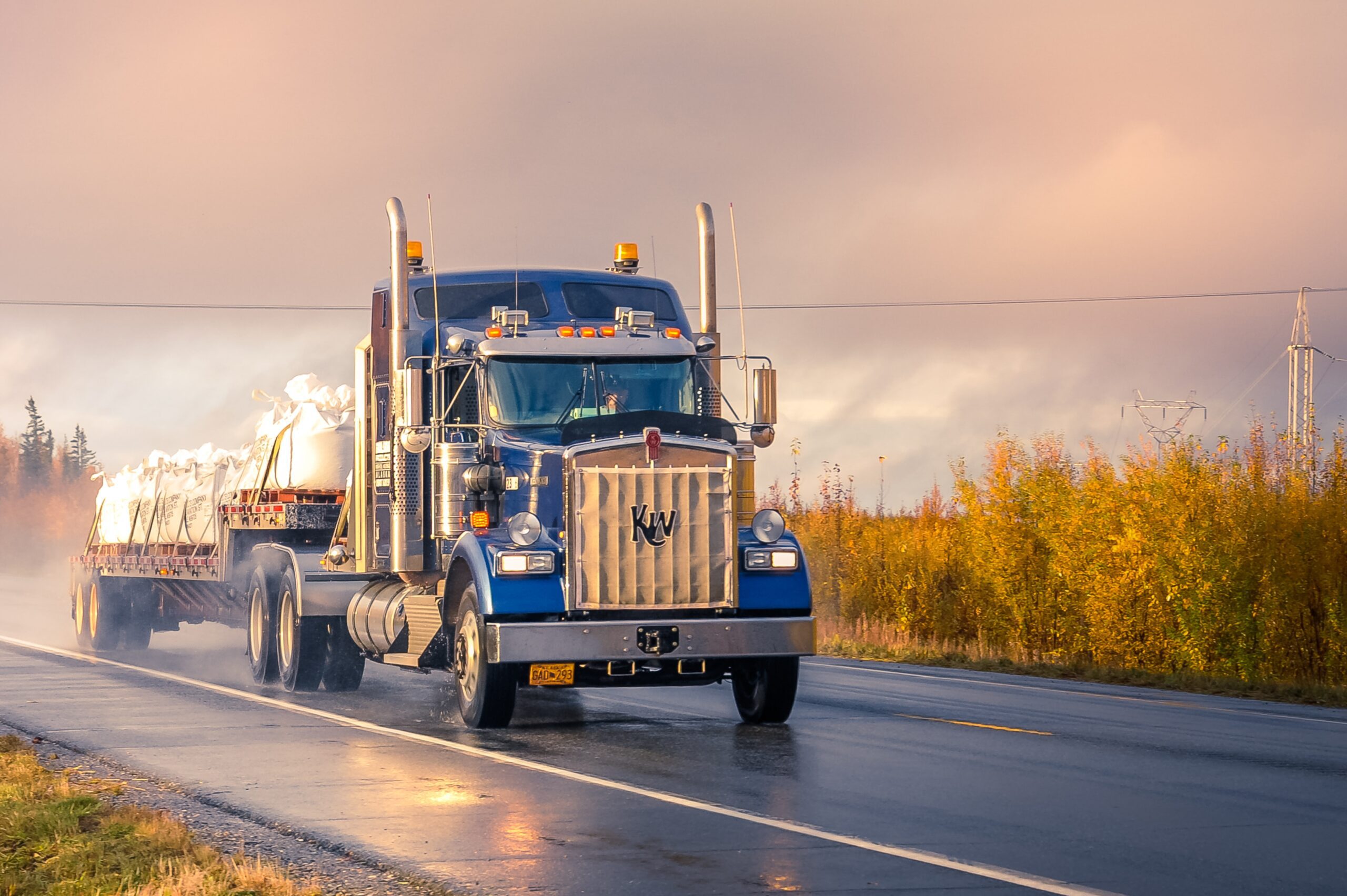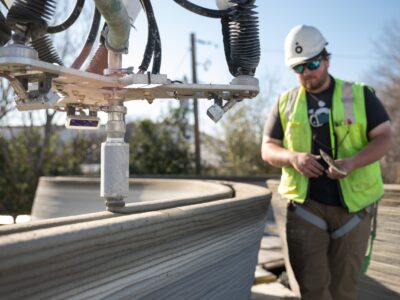The state of Colorado is strategizing the best ways to roll out new clean energy initiatives for the truck industry. The Clean Truck Strategy is designed to improve air quality and clean up communities negatively affected by transportation pollution. The Clean Truck Strategy, announced on March 22, focuses on medium and heavy-duty vehicles, the second-largest cause of greenhouse gas emissions in the Centennial State. These vehicles include 18-wheel tractor-trailer rigs and school buses. The new plan hopes to cut emissions in half and save almost $6 million in fuel and maintenance costs by 2050.
Medium and heavy-duty vehicles currently contribute almost a quarter of all Colorado’s greenhouse gas emissions, even though they make up just 10 percent of vehicles on the state’s roads. The Clean Truck Strategy – a joint effort from the Colorado Energy Office, the Colorado Department of Transportation, and the Air Pollution Control Division of the Colorado Department of Public Health & Environment – hopes to affect positive change with five clear objectives. First, to help private companies upgrade their fleets to electric or hydrogen vehicles. Second, to do the same for all government vehicles in the class, including transit buses and school buses.
Additionally, the strategy will expand charging and hydrogen-fueling stations, make clean vehicles more readily available to disadvantaged residents, and constantly seek out new resources to make these objectives a reality.
“Almost every one of our fleets is interested and they’re doing a variety of strategies already to try to reduce their carbon footprint and emissions,” said Gregory Fulton, CEO of the Colorado Motor Carriers Association.
The development and implementation of these initiatives may take some time. Battery technology is catching up to the power needs of larger trucks and further innovation are needed to ensurechargers are readily available in remote locations.
In Boulder, the first electric compost collection truck hit the streets recently, and the Mack LR Electric is now a vital part of Eco-Cycle’s fleet. In Denver, Amazon is using Rivian vans for deliveries. Colorado residents are also stepping up: electric vehicle registrations topped 10 percent of all cars and trucks registered in the state.
As the Clean Truck Strategy establishes more concise legal constraints, most experts believe regulations will follow the zero-emission standard Colorado set in 2019. That law states that at least five percent of automakers’ vehicles for sale by 2023 have to be electric, which is likely to be applied to the truck industry.“This is the next big thing in vehicle electrification,” said Travis Madsen, Transportation Program Director for Boulder-based Southwest Energy Efficiency Project Madsen said. “The [Clean Truck Strategy] will save us money, improve our health and help protect our environment.”





